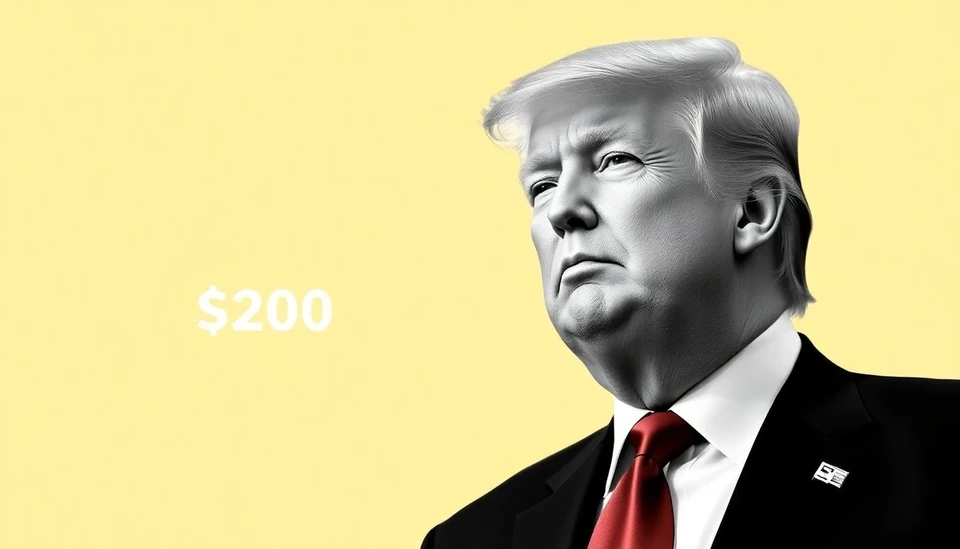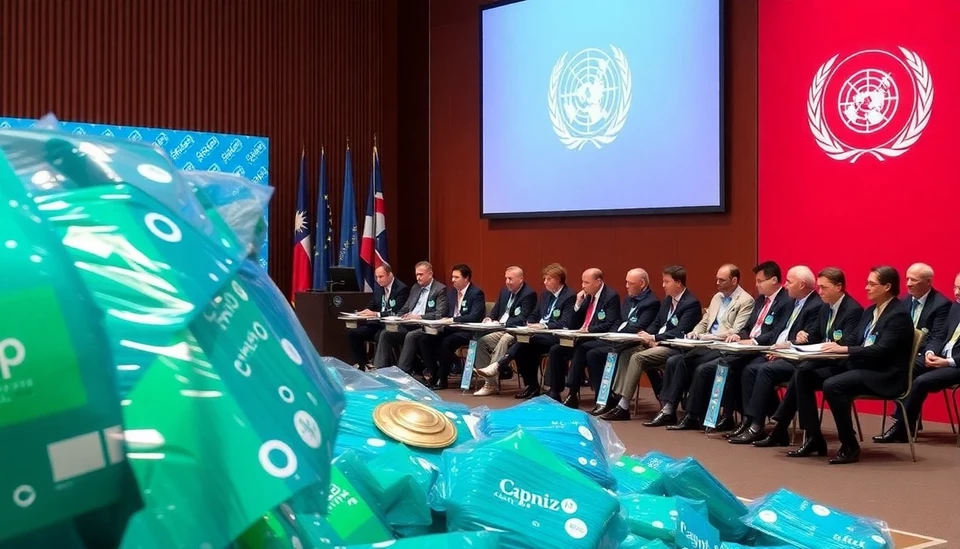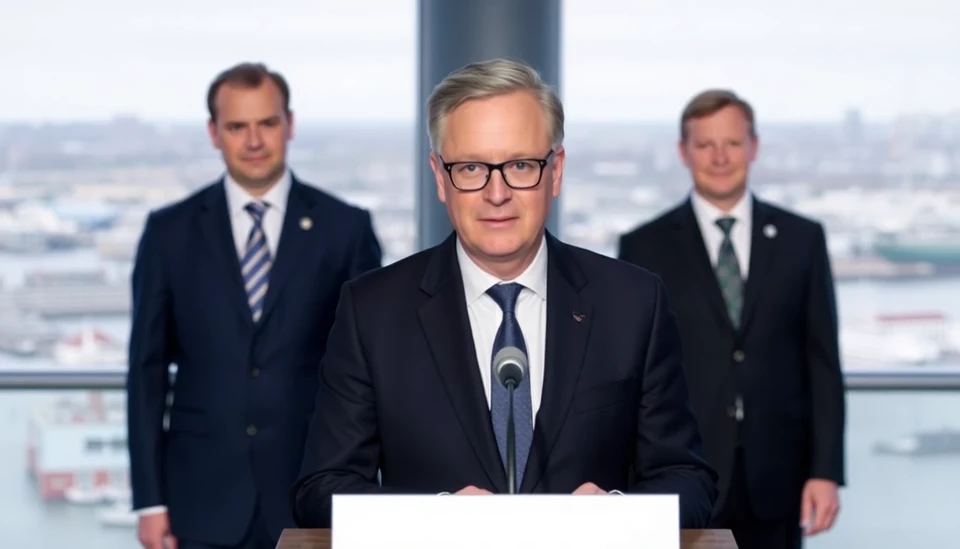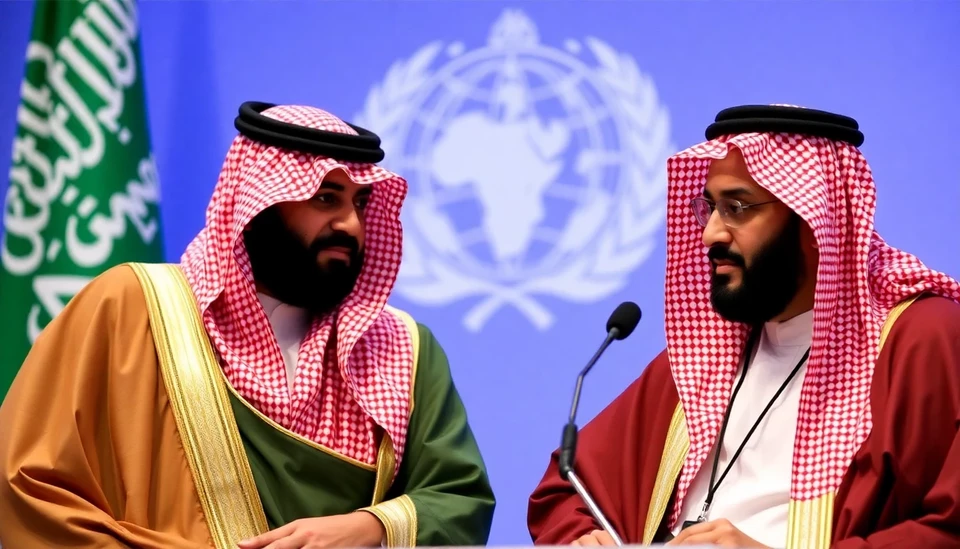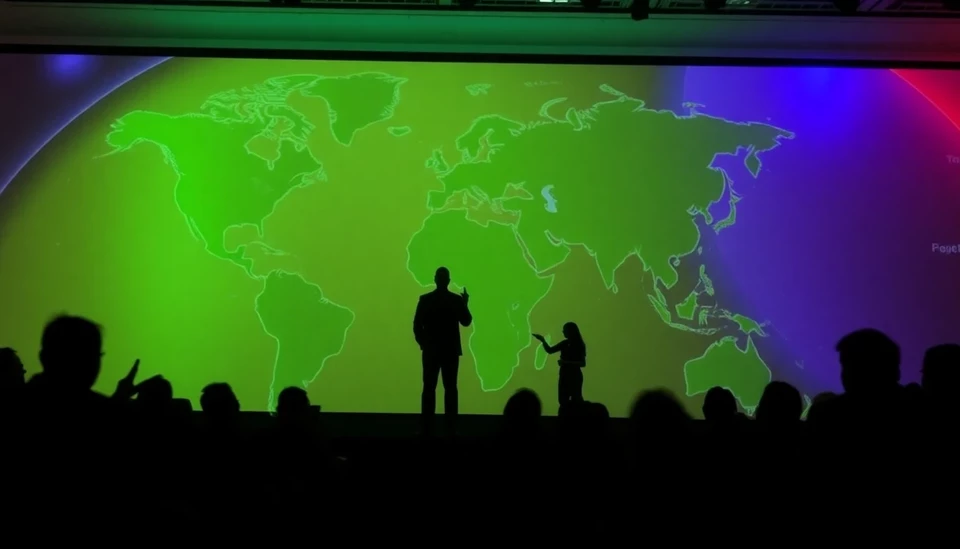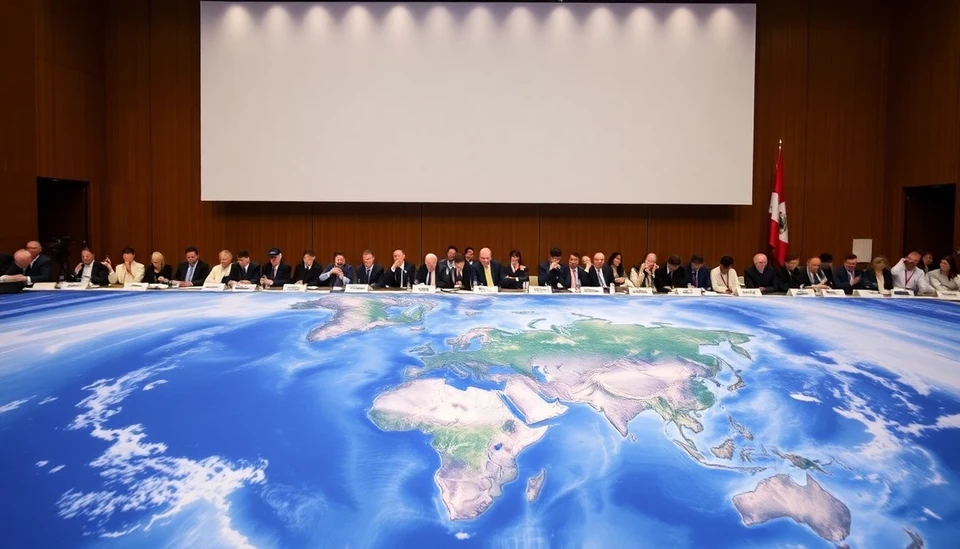
In the midst of intensifying climate challenges, leaders attending the COP29 climate summit have urged for an ambitious $250 billion deal aimed at narrowing the stark divisions that have historically hindered effective global cooperation on climate change. This agenda item is one of the summit’s centerpiece discussions, showing a formidable commitment to tackle environmental issues that threaten our planet's future.
The proposal was made during the first few days of the summit as representatives from various countries convened to discuss pathways to both finance and implement extensive climate initiatives. Attendees stressed that without significant financial commitments, especially from the developed world to support developing nations, achieving climate goals will remain a distant dream. This financial initiative aims to support adaptation, mitigation, and sustainable investments across the globe.
In his opening remarks, the summit's chair emphasized the urgent need for unity in battling the existential threat posed by climate change. He was joined by several heads of state who expressed that the world is at a critical juncture, with rising temperatures and extreme weather events becoming more frequent and devastating. They highlighted that the $250 billion investment would not only assist under-resourced nations but would also create economic opportunities and foster technology sharing among countries.
However, discussions also spotlighted the divisions that persist between developed and developing nations regarding climate finance responsibilities. Emerging economies reiterated the necessity for wealthier nations to fulfill their commitments made in previous summits regarding climate funding, arguing that these funds are crucial for effective climate adaptation strategies.
Experts attending the summit have raised concerns about the feasibility of the proposed financial package. While the collective support and ambition shown by nations is promising, they questioned the mechanisms through which this funding would be mobilized and the transparency of allocation processes. The call for more structured and accountable frameworks was echoed by various non-governmental organizations and climate advocacy groups present at the event.
In addition to financing, delegates are also looking to negotiate new regulatory frameworks that would ensure long-term sustainability and environmental protection. The understanding is clear: climate change transcends borders, and thus necessitates collective action and shared commitments across all levels of governance and society.
As COP29 progresses, the outcome of the proposed deal remains uncertain, but the urgency for action grows stronger with each plummeting environmental metric being reported. The conference serves as a critical platform for negotiation and collaboration, potentially setting the stage for significant strides in global climate policy.
While the prospect of reconciling differing interests seems daunting, many at COP29 maintain a sense of optimism that with the right momentum, global consensus can be reached. The summit will continue to unfold as leaders engage in high-stakes discussions over the coming days, with the world watching closely for signals of progress on this crucial front.
As climate impacts increasingly disrupt lives and economies around the world, the need for decisive action at COP29 could not be clearer. The hope is that this summit will catalyze a seismic shift in how nations approach climate finance and collaborative action in the face of an ever-compounding climate crisis.
#COP29 #ClimateChange #GlobalWarming #ClimateFinance #SustainableDevelopment #ClimateAction #EnvironmentalPolicy
Author: Sophie Bennett
